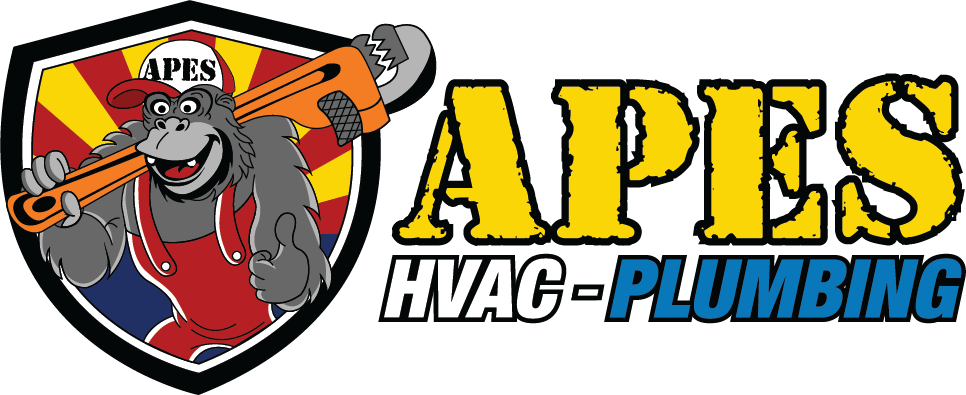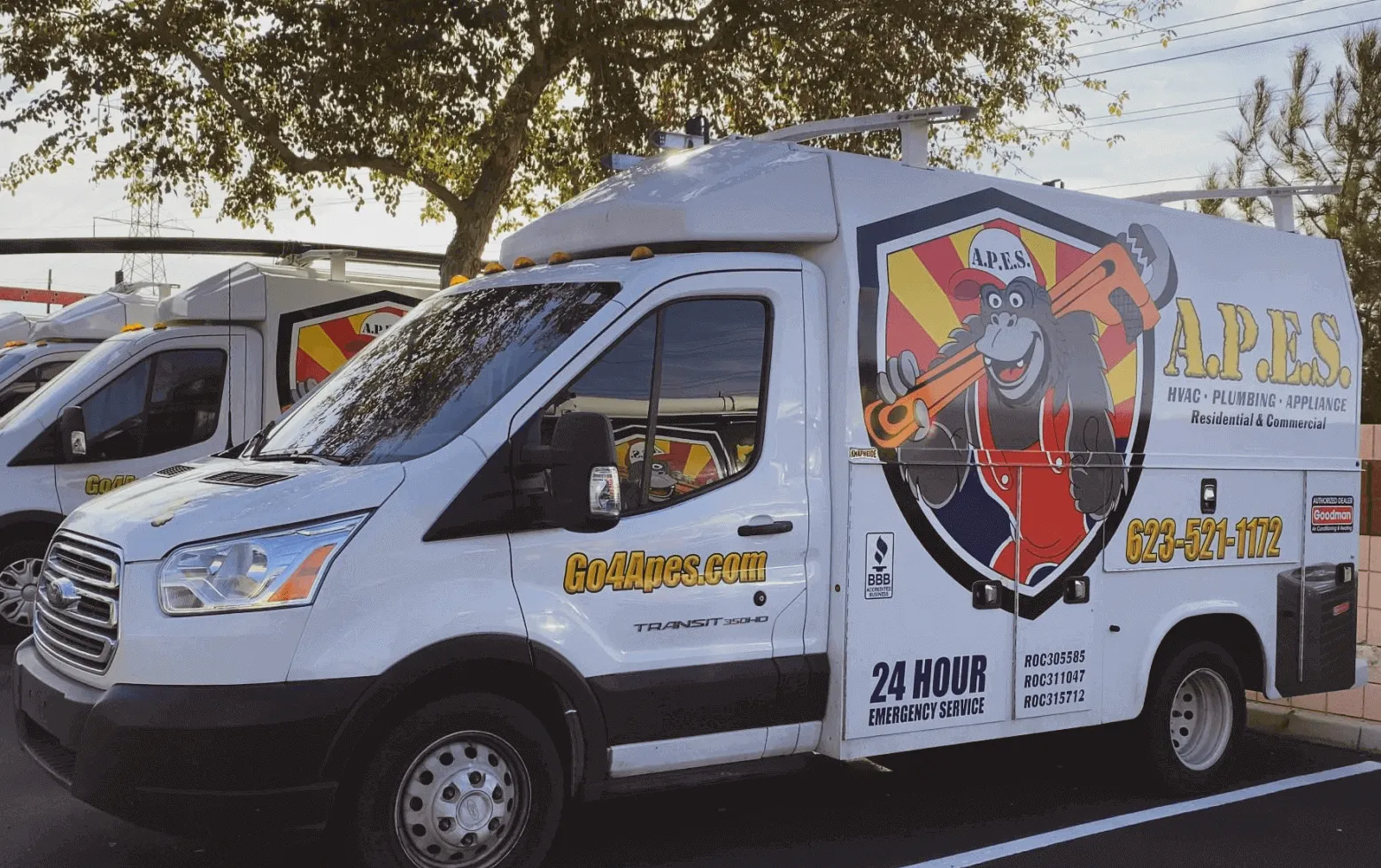When Should You Replace Your HVAC System? Here are the Signs
An HVAC (heating, ventilation, and air-conditioning) system has become indispensable in modern households due to the extreme temperatures we experience throughout the year. However, like all other appliances in your home, your HVAC system also has a lifespan. For most HVAC systems, this lifespan ranges from 10 to 15 years, but their usage is the major determining factor in increasing or decreasing how many years you get out of it. If you have a poor-performing HVAC system, then this article can help you decide whether it is time to replace it or call a technician.
8 Signs to Decide Whether or Not to Replace Your HVAC system
There are no hard and fast rules for determining when to replace your HVAC system. However, certain factors can help you decide whether to install a new heating and cooling system or perform a simple repair to restore it to its optimum condition.
1. Age of Your HVAC System
If your HVAC system is older than ten years, you might consider replacing it. Older models use freon (or R-22) coolant, which is harmful to the environment. Due to environmental concerns, the manufacturing of such models has been halted, and new models come with more environmentally friendly options. So, the longer you wait, the more difficult it will be to replace your HVAC system.
Also, older units are no longer covered under the manufacturer’s warranty period. This means you have to bear the whole cost of repairing them, which might include replacing expensive parts like thermostats, freons, hot surface ignition mechanical parts, etc. Older HVAC systems might need frequent and unexpected repairs, which makes them less dependable when it comes to optimum performance.
2. Under Performing HVAC System
Talking about performance, an older HVAC unit cannot compete with the efficiency of a new one. If you notice that your HVAC system is blowing warm or the air coming out from the blower is not cold enough to regulate your room temperature, your HVAC system might have an issue with the compressor or the refrigerant. Depending on the age of your HVAC system, the cost of replacing a compressor or the refrigerant might be more than a new HVAC system. Replacing your old HVAC system could be a wise decision in such a situation.
3. Non-performing HVAC System
If your HVAC system is taking longer than usual to regulate the temperature inside your home, then it is not performing optimally. Clogged air filters, broken motors, or blower fans can be the reasons behind the low or weak airflow in your HVAC system. Poor performance of an HVAC system can increase your energy bills, as your unit will be working harder to keep the room temperature comfortable. This can be more expensive in the long run than replacing the existing HVAC system with a new one.
4. Unusual Noise from HVAC System
An HVAC system normally makes some noise when it starts up and shuts down, but if you hear unusual noises like loud bangs, grating, grinding, whistling, or rattling, then there must be internal issues with the HVAC system. Sometimes, a rattling or buzzing sound can be heard if a part has broken or fallen loose inside the HVAC system. No matter what kind of unusual sound you hear from the HVAC system, it is always recommended to call a professional and get it fixed. If the problem persists or occurs often, then it is better to replace your HVAC system instead of spending money on repairing it repeatedly.
5. HVAC System Emitting Foul Odor
Sometimes, an HVAC system can be truly annoying, not because it is incapable of controlling the humidity inside your home or the deafening sound it makes but the foul smell that comes out of it. Your HVAC system can make your room smell musty. The common reason behind this is mold or mildew growing in the ventilation ductwork. However, the situation can be even worse if you smell something burning. Turn off the HVAC system immediately and call a technician to determine the cause. The smell of burning metal or melting plastic indicates serious malfunctions inside the HVAC system, such as a burnt-out wire or motor. Avoid switching on the HVAC system until the issue is fixed.

6. Leakage in your HVAC System
Minor condensation is common in any HVAC system. However, there is likely a serious issue if you notice heavy drainage or leakage in your HVAC. The drainage tube inside the HVAC system is the element that draws condensation away from the cooling system and releases it outside your home. If the condensation drain is clogged, the condensation drip pan may overflow into the HVAC unit, causing heavy leakage. This can damage your walls and ceiling wherever the unit is installed. A leakage usually indicates a problem in the refrigerant, the chemical used to maintain the temperature inside the system so it does not overheat. It also helps maintain the temperature of the room. In such cases, consult a professional for repair, but if the problem occurs frequently, try to replace your HVAC system.
7. Short Cycling of HVAC System
An HVAC system turns on and off to regulate the temperature inside your home. However, if the unit functions in short cycles, consider it a signal of internal issues. Short cycling is when your HVAC turns off before a cycle is complete. One common cause of short-cycle functioning is that the capacity of your HVAC system is more than enough for your room. This may not be a concern, but sometimes short cycles mean a clogged air filter, weak compressor, or inadequate refrigerant. In such cases, call an HVAC expert to get the problem fixed. Repairing costs for these problems can be quite high, especially if your HVAC system is an older model. Investing in a new one is a good idea to prevent frequent repair expenses.
8. Surging Power Bills
A poor-performing HVAC system can increase your power bill without you even realizing it. Every home has a tipping point in power bills, which can vary according to the season. Keep a close watch on your utility bills. If you notice a sudden rise in your power bill, then the reason could be that your HVAC system is working harder than it should be to maintain a comfortable temperature inside your home. While you may not be experiencing additional cooling or warmth in the room, an inefficient HVAC system might just keep on adding to your utility bills. Try to consult a technician to figure out if your HVAC system needs a repair or a replacement.
How to Evaluate the Cost Before You Repair or Replace Your HVAC System
Sometimes, repairing an HVAC system might seem more cost-effective than investing in a new unit. However, thoroughly evaluating the two can help you make the right decision. Sometimes, buying a new HVAC system is unnecessary if minor repair work can fix the problem for good. However, if the issue reoccurs or the HVAC system frequently demands costly repairs, it is better to replace it. Here are certain factors that can help you evaluate better.
Consult a technician
Call a professional HVAC expert or a licensed technician who can examine your HVAC system and tell you if it is worth repairing. You will find many local agencies with well-trained and licensed professionals to guide you in this decision. A.P.E.S., for instance, is a renowned HVAC service provider in the Phoenix Valley area.

Balance the cost of the repair against the price of a new unit
If there is a major issue with your HVAC system that needs to be fixed immediately and is quite expensive, then it’s time to rethink your decision. Generally, older-model HVAC systems require frequent repairs, which can impact your monthly home maintenance budget. Sometimes, with these models, one repair work leads to another, making it a never-ending process. So, if major repair work needs to be done, try to weigh the cost against the price of a new HVAC system. If there is not a major difference in the cost, then replace your HVAC system to avoid the hassle of frequent repairs in the coming years.
Go by the $5,000 rule
This calculation can help you decide whether or not to invest in a new HVAC system. To follow this $5,000 rule, calculate the estimated cost of repairing your HVAC unit and then multiply it by the age of your unit in years. If the answer is above 5,000, which in this case is $5,000, you can consider replacing your HVAC system. However, if the amount is below $5,000, then repairing will be the best way to solve the problem.
Consider tax credits and discounts
Sometimes, the price of a new HVAC system becomes the biggest problem, even if you are sure about replacing the existing unit. In such cases, look for tax credits or special discounts that are available throughout the year. It will not only save you some money on the purchase value but also benefit you in the long run as a new HVAC system will require less or no repairs and will be more energy-efficient compared to older models. Be sure to check out the monthly promos on the A.P.E.S. website – you could save a lot on replacing your heating and cooling system installation!
Replacing your HVAC system is a crucial decision that should be made after a proper evaluation of all the factors. Whether you are considering a costly repair or just thinking of investing in a new HVAC, try to follow the guidelines shared here to make the right decision that will not only save you money but also the hassles of frequent repairs.

